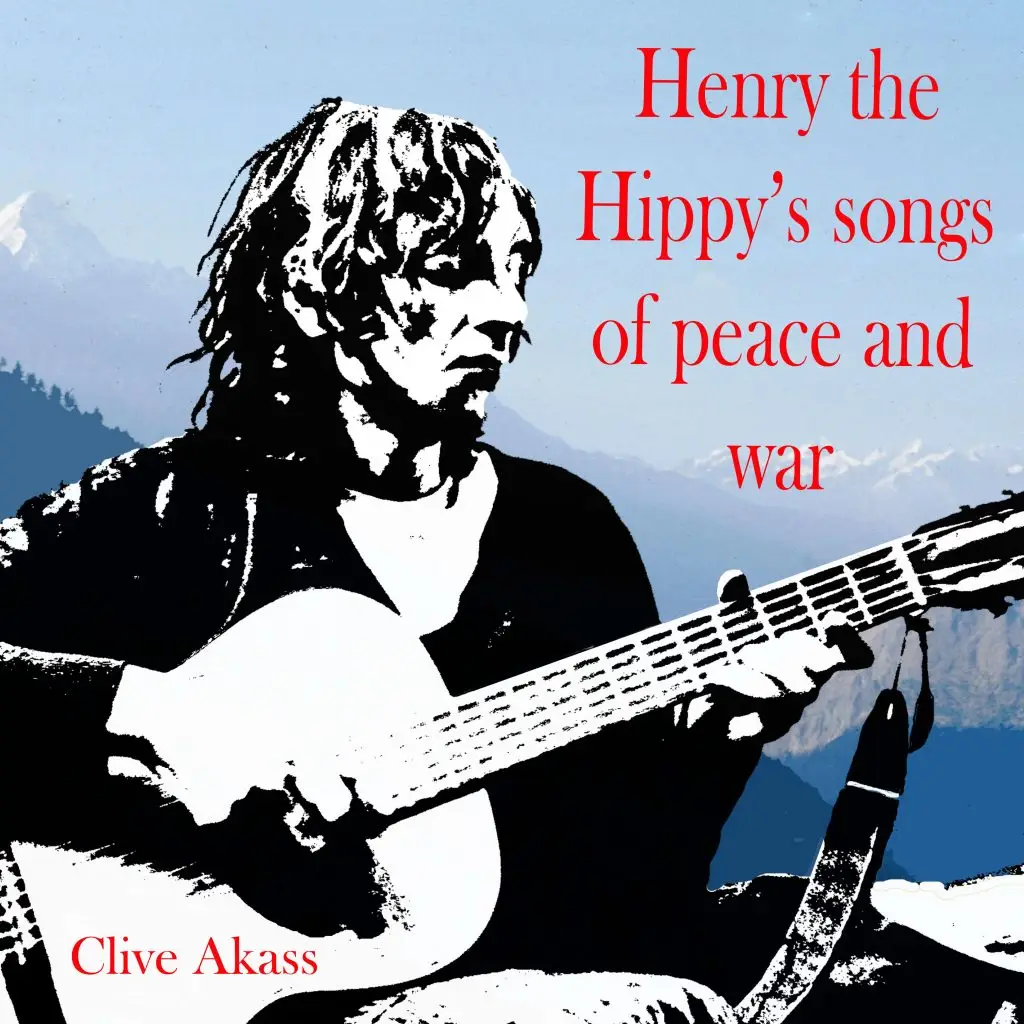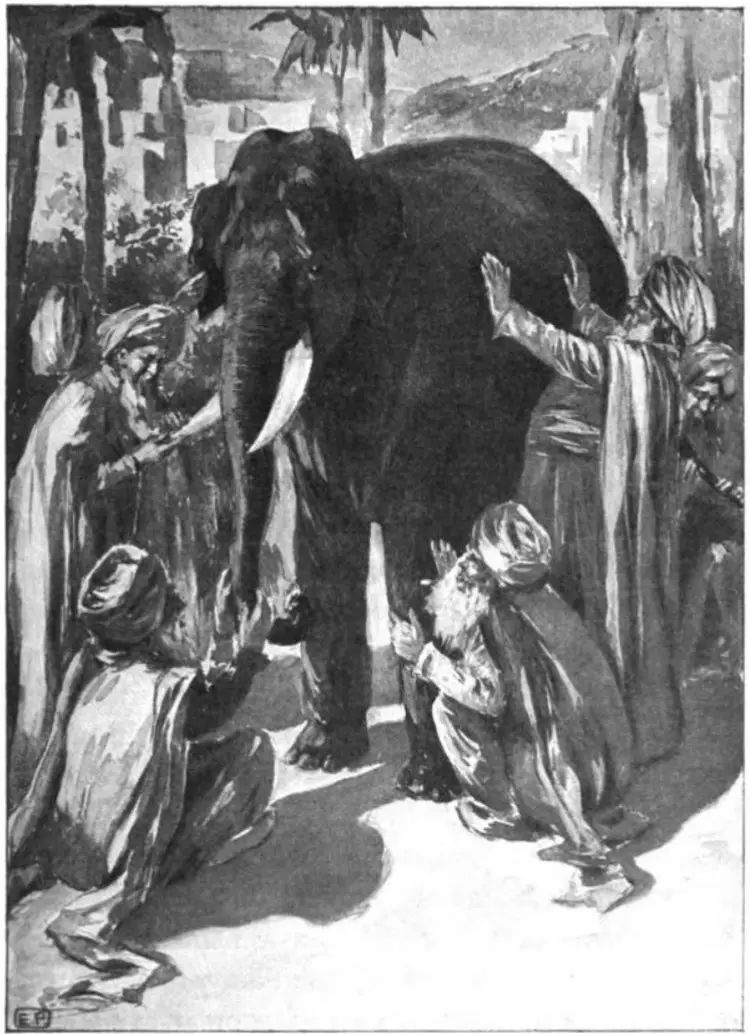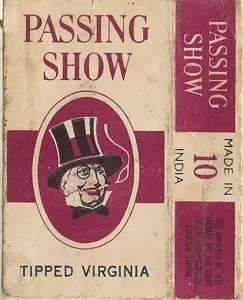
The songs of Henry the Hippy
The way these songs are integrated into Tigger and the Tantric Princess is clumsy but better options involved more complications than I could handle. I’m doing this alone, and I have other stuff to do and not much time left. The links on the titles below take you to my YouTube channel where the lyrics are shown as the songs are played. The songs are also available on other major streaming sites.
Tom the fatalist
This is the first song to feature in Tigger and the Tantric Princess. Some of it bounces off things my erstwhile guru Bhagwan Shree Rajneesh said in the days when I was still listening to him, trying to work out whether he was rogue or rishi or both, before his whole caboodle got sillier and dangerous. That’s another story. You can see him obliquely in the book, and I’ll tell more when I bring out Joker. He was a one.
This is Rajneesh: there’s nothing wrong with the world; it will be fine left to itself; it is people who are messing it up; it is people who should change.
Not an original idea but few great truths are. It’s of a kind Henry calls an also-true, like fatalism, but he is not so sure about the soul-searching. The trouble with chasing nirvana is that you can’t know if it’s to be found until you find it. You have to fall back on faith in the truth of it. Nice work for a con artist, and there have been a few of them.
People have to change, but damn the self-indulgence. You can’t just surrender to fatalism. With the world like it is, you have to do something. Sometimes you have no choice. Sometimes you have to make a choice. That’s Henry’s problem, sitting up in the mountains contemplating the cosmos while the world crashes around him. He’s got a lot to work out, moving on with Tigger and the princess, and so have they.
Dream of a ridiculous man
This is the heart of the book and it’s about a different kind of faith. A faith, proclaimed ceaselessly by the ridiculous man, that people can and should change to enable a more peaceful and caring world. The title and vision are inspired by a short story by the Russian Dostoyevsky. People see the ridiculous man as mad but it’s a madness we could do with today. Henry talks about it, and I’ve written a little more here.
Ballad of a soldier
This song has a similar narrative structure to Tigger and the Tantric Princess and I guess seeded the book. Both begin with a comic-book view of war, the kind of heroic fantasy that through the ages has sent boys to the battlefield. Then there’s the reality: blood and guts and the brutalising of nice normal people.
The song was prompted indirectly by a 1966 Royal Shakespeare Company show called US, about the Vietnam War. My friend Hugh was in it, so I wanted it to be good, and I thought it must be good because people said so, though it seemed to me to offer little more than indignation. But then I was coming from the cynical atmosphere of a news agency in Fleet Street, a five-minute walk away. Who was I to criticise when my gift to the world involved grubbing up stories at the arse-end of journalism?
I wrote this song a couple of years later, basically to see if could, when news broke of the My Lai massacre by GIs in Vietnam. The song alludes to it but I realised looking back that it was as much about the war that I was born into, the Second World War, and own attitudes to it (a mix of fascination and revulsion), and my growing understanding of what some of the heroes of my boyhood had been through and done. All wars breed atrocities, usually on all sides, because all wars are atrocious.
Nursery rhyme
This simple song encapsulates a philosophy. It’s a retelling of the old story about the five blind men asked to describe an elephant. Each feels a different part of the body: tail, trunk, ear, foot and belly. Each comes up with an accurate but totally different description and none of them describes the elephant.
'All descriptions are descriptions of God'

The song replaces the blind men with scientists who can describe everything in the finest detail but cannot encompass the totality. Henry calls that totality God, and it includes us experiencing God. He’s a pantheist. He says: “All descriptions are descriptions of God.”
And: “The trouble with religions is that they have given God a bad name.”
And that it’s time to stop arguing about whether God exists and start discussing what God is and what God is not. Debate not dogma. Like good science.
 Passing show
Passing show
The title is an Indian brand of cigarettes. I love it, and the design of the packet. The word ‘show’ is old slang for a flamboyant man-about-town, but the phrase is a great description of life. The song was prompted mainly by the lunatic situation in Northern Ireland where militants on both sides of a sectarian divide had transformed an unlosable civil rights campaign into an unwinnable (by anyone) civil war, dragging in a woefully unprepared and sometimes brutal British Army. All armies can be brutal. It’s their job.
This was a time when mass education was beginning to have an effect, and the events were depressing evidence that it was not going to make people behave any more sensibly. You could also look at the Che Guevara posters romanticising revolution at a time when the Beatles were singing All you need is love. Kids were so well educated that they knew exactly how to put the world right.
Beware know-alls with guns. People have to live through change. The quality of life is the quality of change. War should be used only as a last resort, not where sense and patience can bring conciliation and people can vote. Sometimes communities need healing too, and we need structures to facilitate it.
Now is eternity
Genesis. The beginning of time, the growing of space. Hear it rumbling in the background. That is us back there. That is our birthday. The Upanishads said it: Tat Tvam Asi. That thou art. They intuited a lot, those ancients who spent their lives pondering these matters; but they didn’t know as much as we do.
The living cosmos generates infinitesimal sparks of consciousness. Sentient, intelligent beings. Henry asks: are we the eyes of God, living here in the eternal present? The now. The only time we have. It’s been a long, complex growing-up but we’re not adult yet.
About the words in the chorus:
- Wind blow, river flow. Random motion, directed motion. How things happen. How they form.
- Ecstasy A blissful experience of God, from the fabled transcendence of the mystic to those simple flashes of joy you can get at the awesome fact of being alive in a beautiful world. Pity those who can’t.
- Synergy. Henry sings it as sigh-nergy because it is too good a word to be sinful. Buckminster Fuller was brilliant on the meaning but he made it a mouthful: “Synergy is the only word in our language that means behaviour of whole systems unpredicted by the separately observed behaviours of any of the system’s separate parts or any subassembly of the system’s parts.”
Take a stick and a stone. Put them together and you have a lever. It’s magic: you can use it to move mountains. You wouldn’t believe it, looking at them separately. So what’s going on with that stuff out there in the cosmos? What does it add up to? I wrote a poem about that too.
Later I learned about the broader, related idea of emergent behaviour, now a subject of fear and excitement in the field of artificial intelligence. I won’t go there now; suffice to say that the word emergence does not lend itself for use in a chorus.
The same old love
I love pop songs but I’m not good at them and this is the nearest I get. All songs reflect their time and this was a reaction to the changes happening in the sixties and seventies that still haven’t resolved themselves. Tigger calls it the age of Tantra because everywhere beliefs and ideas are being turned upside down and looked at again. Tantra has a tradition of confronting taboos but that does not mean a rejection of all you believe, the princess says. It’s a search for what is true and valuable in all the mess. Or should be. Some people see it as an excuse for doing anything they want.
Love is beyond all that. Whatever else is going on in the changing world, love lives on because it has to. We cannot survive without it, and who would want to?
The twentieth bloody century
This is the only song in the album that was not written around the time Tigger and the Tantric Princess is set. I wrote it shortly after the start of the 21st century, and added the last verse when British prime minister Tony Blair joined the US in a disastrous war against Iraq. The unstated point of the song was that at the turn of a new century the killing was still going on. And more than a century after what was billed as the war to end all wars, it is still going on
The song replaces the blind men with scientists who can describe everything in the finest detail but cannot encompass the totality. Henry calls that totality God, and it includes us experiencing God. He’s a pantheist. He says: “All descriptions are descriptions of God.”
And: “The trouble with religions is that they have given God a bad name.”
And that it’s time to stop arguing about whether God exists and start discussing what God is and what God is not. Debate not dogma. Like good science.

Passing show
The title is an Indian brand of cigarettes. I love it, and the design of the packet. The word ‘show’ is old slang for a flamboyant man-about-town, but the phrase is a great description of life. The song was prompted mainly by the lunatic situation in Northern Ireland where militants on both sides of a sectarian divide had transformed an unlosable civil rights campaign into an unwinnable (by anyone) civil war, dragging in a woefully unprepared and sometimes brutal British Army. All armies can be brutal. It’s their job.
This was a time when mass education was beginning to have an effect, and the events were depressing evidence that it was not going to make people behave any more sensibly. You could also look at the Che Guevara posters romanticising revolution at a time when the Beatles were singing All you need is love. Kids were so well educated that they knew exactly how to put the world right.
Beware know-alls with guns. People have to live through change. The quality of life is the quality of change. War should be used only as a last resort, not where sense and patience can bring conciliation and people can vote. Sometimes communities need healing too, and we need structures to facilitate it.
Now is eternity
Genesis. The beginning of time, the growing of space. Hear it rumbling in the background. That is us back there. That is our birthday. The Upanishads said it: Tat Tvam Asi. That thou art. They intuited a lot, those ancients who spent their lives pondering these matters; but they didn’t know as much as we do.
The living cosmos generates infinitesimal sparks of consciousness. Sentient, intelligent beings. Henry asks: are we the eyes of God, living here in the eternal present? The now. The only time we have. It’s been a long, complex growing-up but we’re not adult yet.
About the words in the chorus:
- Wind blow, river flow. Random motion, directed motion. How things happen. How they form.
- Ecstasy A blissful experience of God, from the fabled transcendence of the mystic to those simple flashes of joy you can get at the awesome fact of being alive in a beautiful world. Pity those who can’t.
- Synergy. Henry sings it as sigh-nergy because it is too good a word to be sinful. Buckminster Fuller was brilliant on the meaning but he made it a mouthful: “Synergy is the only word in our language that means behaviour of whole systems unpredicted by the separately observed behaviours of any of the system’s separate parts or any subassembly of the system’s parts.”
Take a stick and a stone. Put them together and you have a lever. It’s magic: you can use it to move mountains. You wouldn’t believe it, looking at them separately. So what’s going on with that stuff out there in the cosmos? What does it add up to? I wrote a poem about that too.
Later I learned about the broader, related idea of emergent behaviour, now a subject of fear and excitement in the field of artificial intelligence. I won’t go there now; suffice to say that the word emergence does not lend itself for use in a chorus.
The same old love
I love pop songs but I’m not good at them and this is the nearest I get. All songs reflect their time and this was a reaction to the changes happening in the sixties and seventies that still haven’t resolved themselves. Tigger calls it the age of Tantra because everywhere beliefs and ideas are being turned upside down and looked at again. Tantra has a tradition of confronting taboos but that does not mean a rejection of all you believe, the princess says. It’s a search for what is true and valuable in all the mess. Or should be. Some people see it as an excuse for doing anything they want.
Love is beyond all that. Whatever else is going on in the changing world, love lives on because it has to. We cannot survive without it, and who would want to?
The twentieth bloody century
This is the only song in the album that was not written around the time Tigger and the Tantric Princess is set. I wrote it shortly after the start of the 21st century, and added the last verse when British prime minister Tony Blair joined the US in a disastrous war against Iraq. The unstated point of the song was that at the turn of a new century the killing was still going on. And more than a century after what was billed as the war to end all wars, it is still going on
